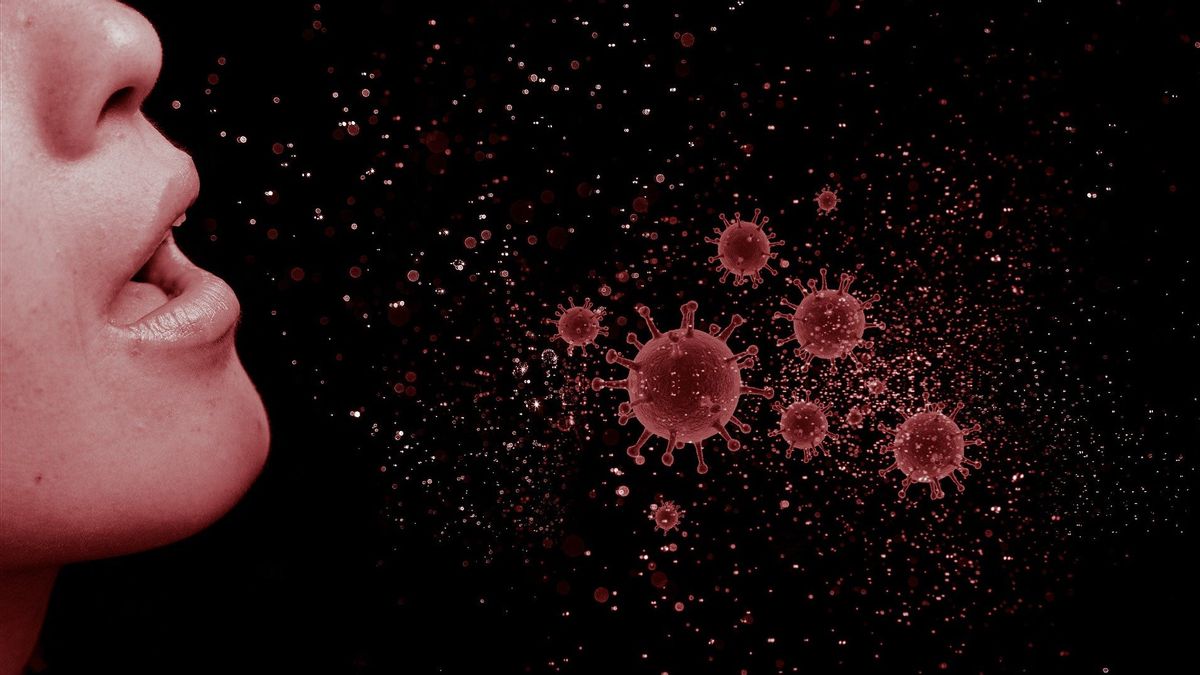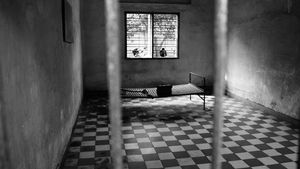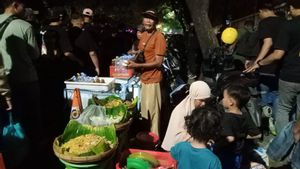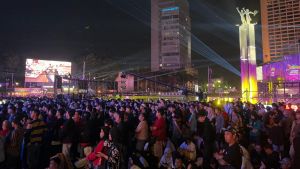JAKARTA - Indonesia recorded a record 54,517 new cases of COVID-19 on Wednesday, July 14. There are currently 443,473 active patients recorded.
The most additions occurred in DKI Jakarta with a total of 12,667 cases. Followed by West Java with 10,444 new cases. Then Central Java with the addition of 7,088 new cases.
Regarding the increasing daily cases, Member of Commission IX of the House of Representatives of the Republic of Indonesia from the PDIP Faction, Muchamad Nabil Haroen, assessed that the Indonesian government must create the worst scenario (worst phase scenario) if the daily cases of COVID-19 penetrate 100 thousand per day.
According to him, the spread of COVID-19 cases in Indonesia must be addressed with strategic, fast and measurable policies. Especially now, the Emergency PPKM has been implemented and the plan will be extended for up to 6 weeks.
Nabil emphasized that daily monitoring with integrated data is very important. Among them are related to the number of cases, hospital conditions, handling self-isolation, strengthening social infrastructure and health facilities at the village level as well as food security.
"The worst case scenario is a total lockdown in areas that are black and red zones, as well as strengthening food security in their respective regions," said Nabil, Thursday, July 15.
In addition, said Nabil, the role of RT, RW and the village is also very crucial to monitor residents who need assistance.
He said, strengthening food security was very important, because the pandemic would last a short time. So there needs to be a scenario on how to prepare food stocks locally, in the village or sub-district area with the use of existing land.
"Diversification of food is important, it also motivates women and youth to strengthen food security by planting tubers and vegetables as food stocks in their respective areas. In addition, health facilities at the village level need to be strengthened, as well as the recruitment of village volunteers in the health sector who connected to local health centers and hospitals," said the Central Java legislator.
To support the strengthening of health facilities, continued Nabil, previously the government had taken several steps, namely by using the Hajj Dormitory as an emergency hospital. On the other hand, steps to accelerate vaccination are also carried out to help deal with the pandemic.
"The government is also looking for other alternatives to use public buildings as a means of self-isolation. The Ministry of Defense has also taken steps to use facilities and infrastructure within the ministry for emergency hospitals," said Nabil.
The English, Chinese, Japanese, Arabic, and French versions are automatically generated by the AI. So there may still be inaccuracies in translating, please always see Indonesian as our main language. (system supported by DigitalSiber.id)










